Solar is a power for the future, but it relies on panels that are fixed and heavy.
Now a startup in Israel is producing solar panels on a roll. They’re light, flexible, and they can be applied to virtually any surface.
It opens up a world of opportunities, for ultra-thin panels on sidewalks, reservoirs, greenhouses, golf carts, even airplanes or car roofs.

Apollo Power says any literal surface under the sun can be used as an energy generator with its new generation of photovoltaic panels.
“Our vision is that the world will stop using dedicated areas for solar energy farms, and start using existing infrastructures,” says CEO Oded Rozenberg.
The problem with existing solar panels is that the silicon they use as their “active ingredient” is brittle. Bend it and it breaks. That’s why you see heavy solar panels with a metal frame and a glass front.
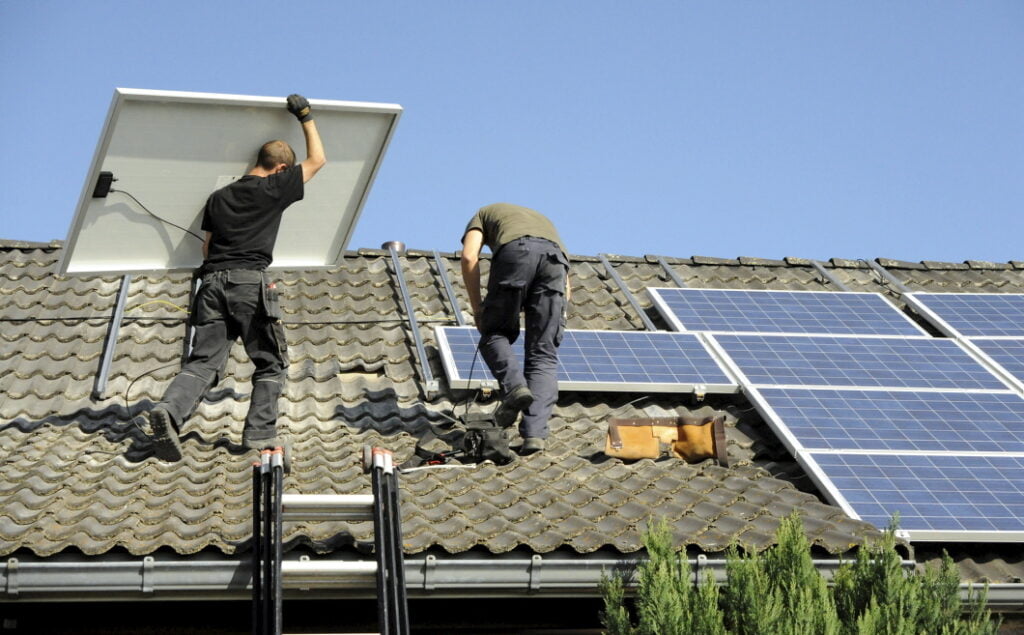
Apollo says its breakthrough is making solar panels that are completely flexible.
It took four years and a team of 30 researchers to identify a material that would do the job.
“Edison tried 6,000 materials before he invented the light bulb. We tested a lot of different materials, until we found the right recipe and the right material and the right electrodes and the right coatings to make it cheap, durable and efficient,” says Rozenberg.
One of the biggest challenges was identifying a material that was as efficient as silicon at turning the sun’s rays into electricity, yet with the added benefit of flexibility.
Their target was around 20 percent efficiency, but everything they tried was three or four at best, until they had a eureka moment.
“After just three months working with this particular material we were at 12 percent. We began running like crazy.
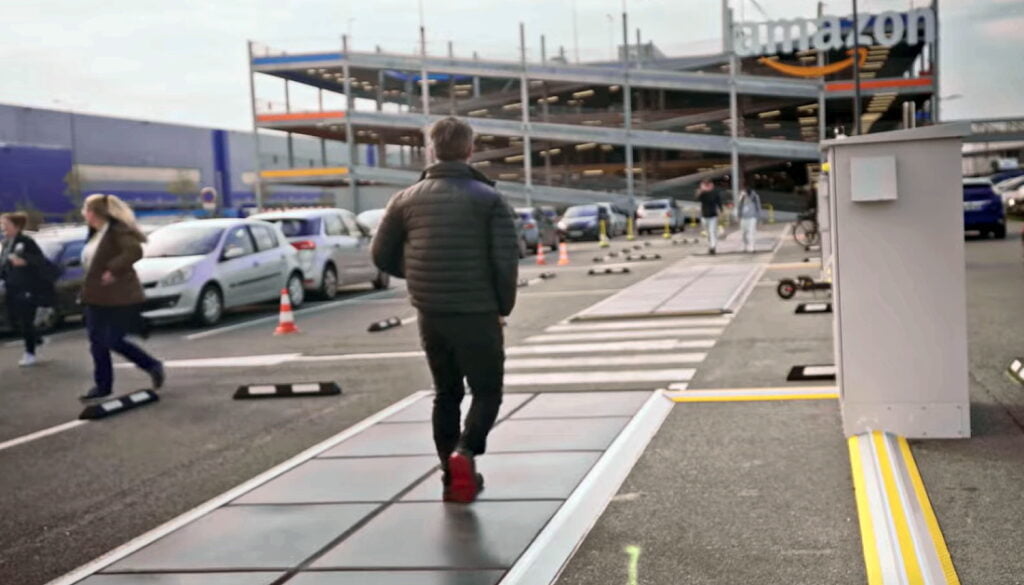
“I cannot disclose the materials that we are using. It’s our secret sauce and we have patents, for this technology, all over the world.”
Last week the company took a huge step forward with the opening near Yokne’am, northern Israel, of what it describes as the biggest factory in the world for flexible solar.
Sign up for our free weekly newsletter
SubscribeApollo is not the only company making flexible solar panels, but Rozenberg says theirs is “a better product, more efficient, more durable and half the price or less” of anything else.
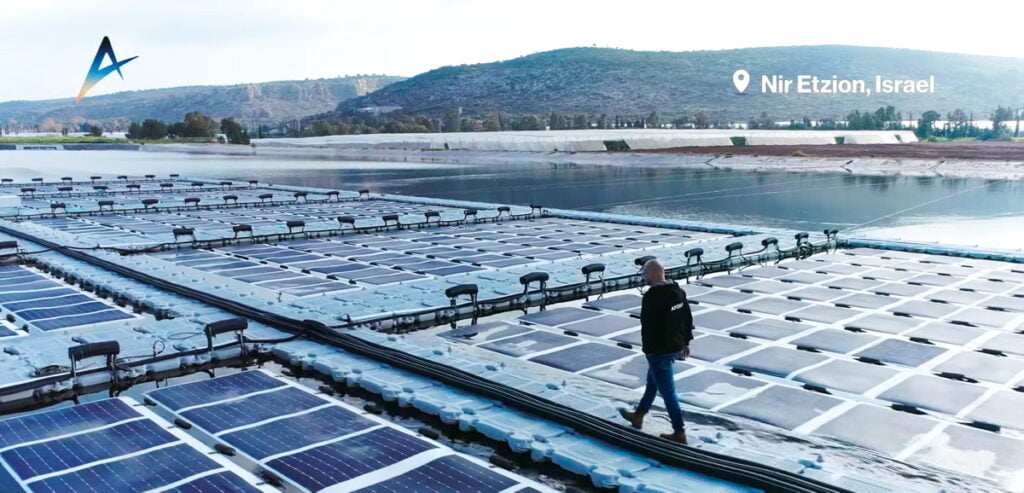
The company is cooperating with electric car makers – including Audi and Hyundai – to embed its flexible panels in their cars and provide a top-up for the battery.
“Say you go to work and you put the car outside in the sun, with 80 percent battery. Finish the day and it’s at 85 percent. Whether you’re parked or driving, it’s charging from the sun,” says Rozenberg.
Apollo’s flexible panels are already on hundreds of buses and trucks in Israel and Europe, and they pay for themselves in under a year.
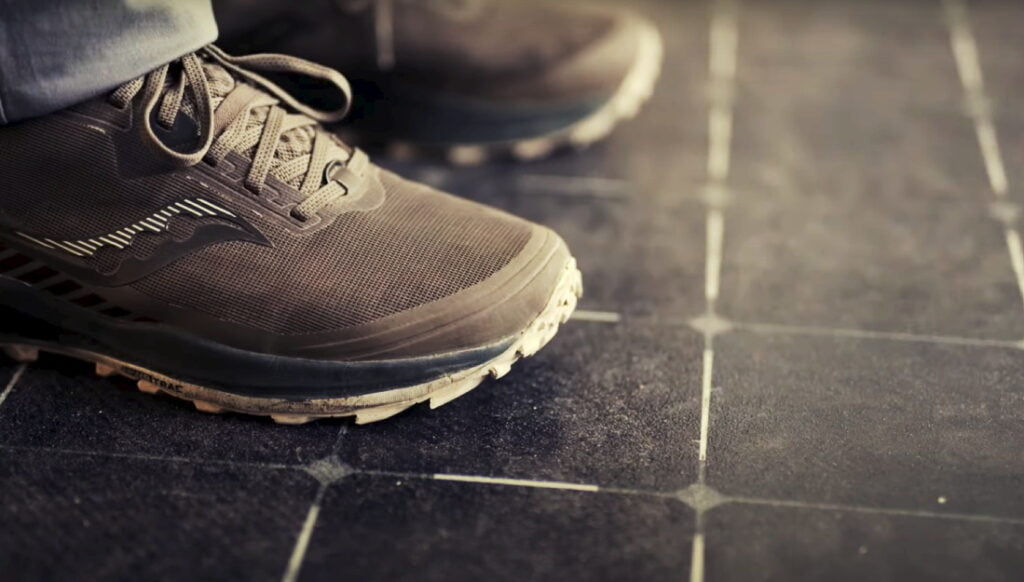
Israeli food manufacturer Osem – part of the Nestle group – has panels on top of 120 of its trucks, which power the lifts used to load and drop off deliveries.
Amazon, the world’s largest corporate buyer of renewable energy, has many warehouse buildings that aren’t strong enough to hold traditional solar panels, but which will support Apollo’s flexible solar panels.
Amazon’s LIL1 depot, in Lauwin-Planque, northern France, is also home to the company’s first solar sidewalk, thanks to Apollo. The solar panels are embedded into thick rubber and generate enough power during the day to recharge a dozen electric bikes for workers. They’re even suitable for roads.
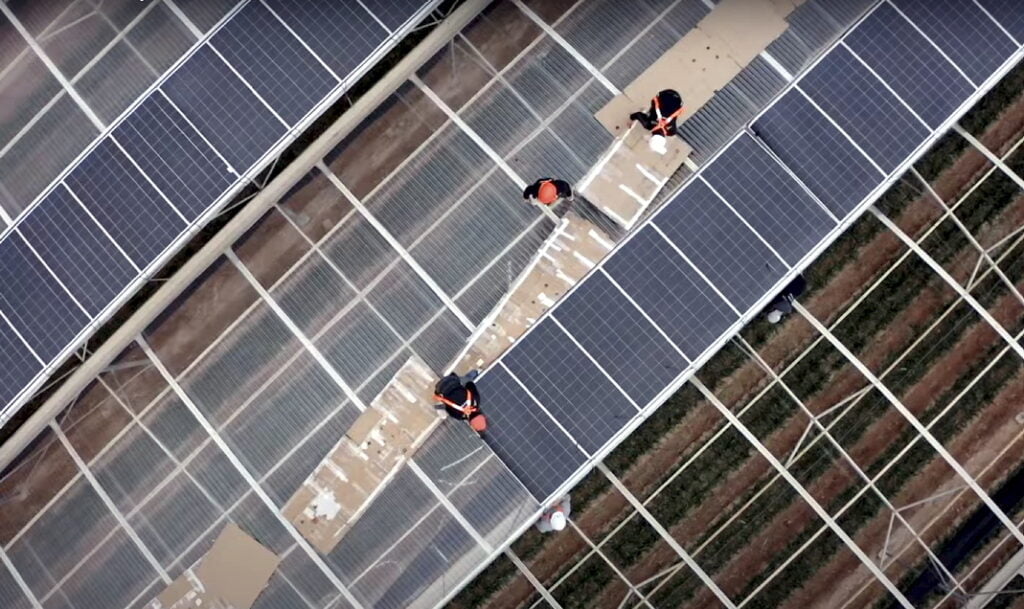
Flexible panels no thicker than a yoga mattress can also be put on water. Apollo has already built a floating solar farm on a reservoir at Nir Etzion, northern Israel, supplying power to the grid, and says the panels could also work on lakes or the sea.
The company, founded in 2014, is now producing panels on a roll at its new factory that are six times the size of a standard panel, but the weight of just one.
It’s able to increase production by almost 20 times its previous output. Even at full capacity – 1.5m square meters a year – it will still amount to only a fraction of a percent of global demand.
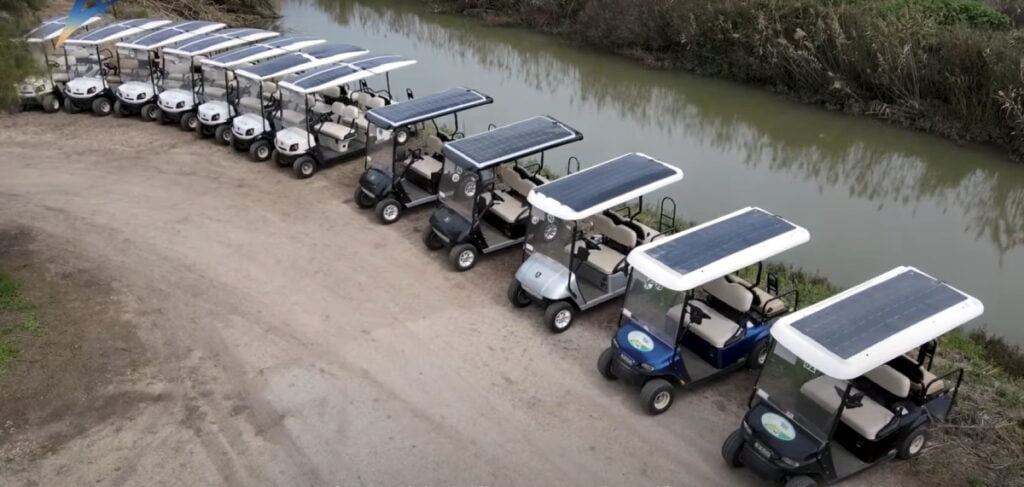
But Rozenberg believes that once they achieve like-for-like price and efficiency, glass panels will be consigned to history.
“It’s a question of scale. It will take us time, but I’m sure in 10 or 20 years nobody will want to buy a solar panel, which is covered by glass.”
Related posts

Editors’ & Readers’ Choice: 10 Favorite NoCamels Articles

Forward Facing: What Does The Future Hold For Israeli High-Tech?

Impact Innovation: Israeli Startups That Could Shape Our Future


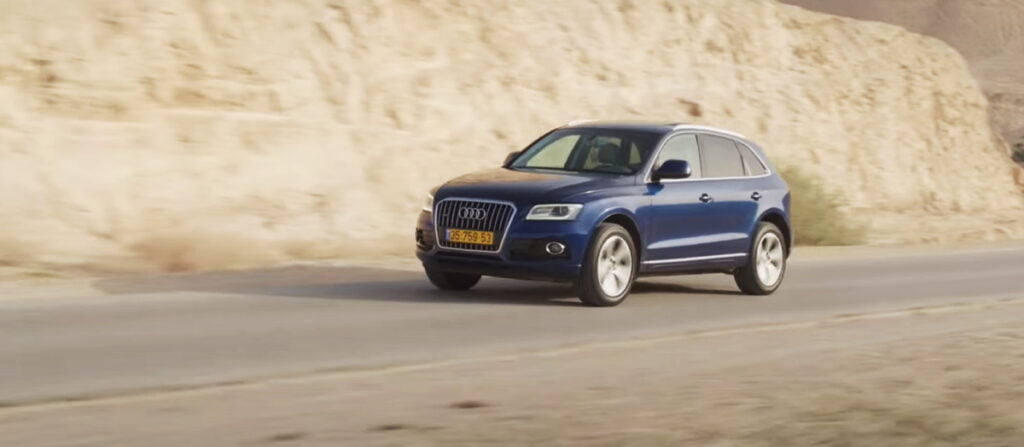

Facebook comments